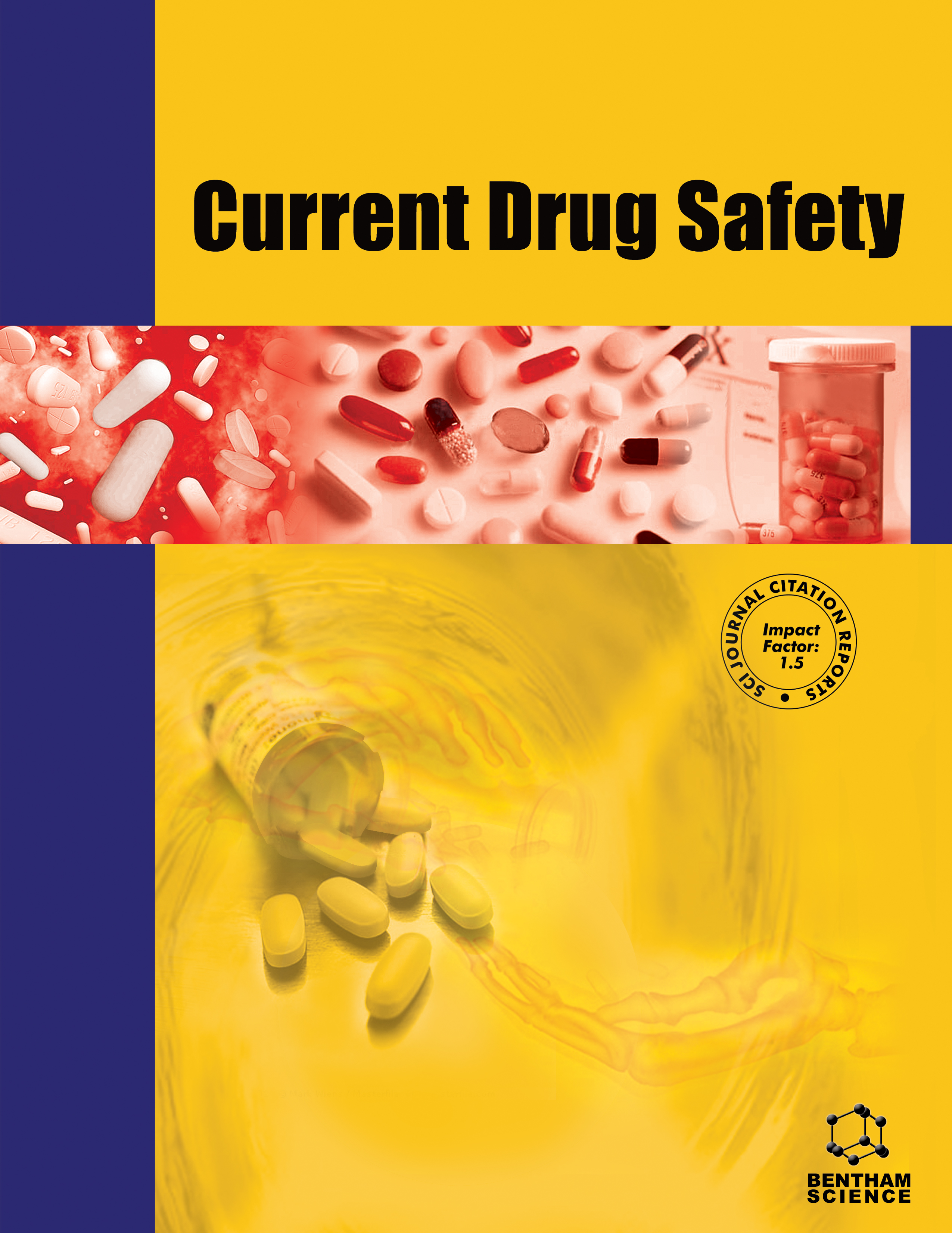
Full text loading...

Acute kidney injury (AKI) is a severe and life-threatening complication of drug therapy, a significant risk to patient well-being, with high morbidity and death rates. An increasing proportion of AKI cases are mainly caused due to drug-induced nephrotoxicity; despite its prevalence, the exact study of causative drugs is still unclear. AKI is often caused by kidney damage, reducing the kidneys’ ability to detoxify, eventually leading to nephrotoxicity. Drug-induced nephrotoxicity often happens through various mechanisms such as crystal nephropathy, oxidative stress, reduced flow to the kidneys, damage to kidney cells, and thrombotic microangiopathy. Epidemiology of drug-induced nephrotoxicity focuses on how prevalent it is and the factors that increase the nephrotoxicity. Specific biomarkers have been found to assess nephrotoxicity for early and accurate diagnosis of kidney damage. This review focuses on explaining drug-induced nephrotoxicity mechanisms for commonly used agents such as non-steroidal anti-inflammatory drugs, immunosuppressants, antibiotics, anticancer agents, and antifungals. It also covers specific biomarkers and respective treatment approaches. Additionally, protective agents and their mechanisms in preventing nephrotoxicity are also analyzed, including their antioxidant and anti-inflammatory potential and other drug-based interventions. This review discusses various therapeutic studies using experimental models, offering invaluable insights into the cellular processes and pathways involved in developing prevention strategies. By advancing our understanding of the mechanisms behind drug-induced nephrotoxicity, it is aimed to improve patient care and reduce health-related complications.

Article metrics loading...

Full text loading...
References


Data & Media loading...